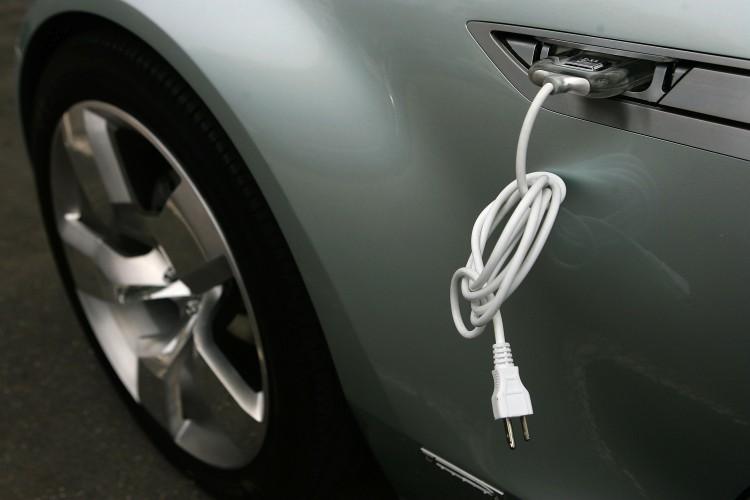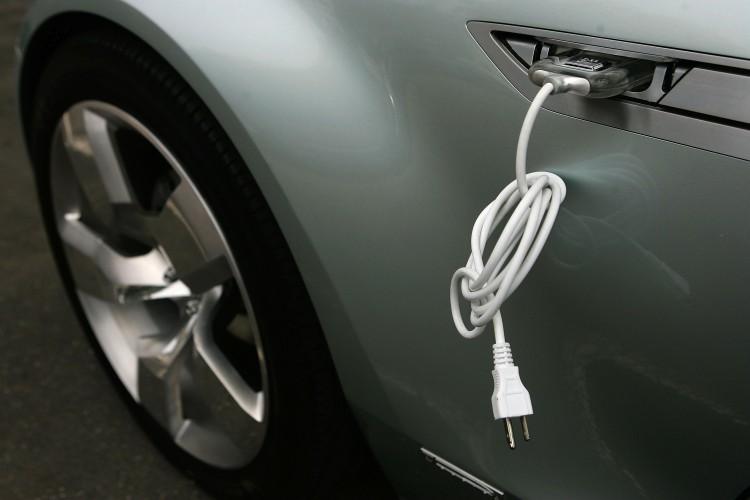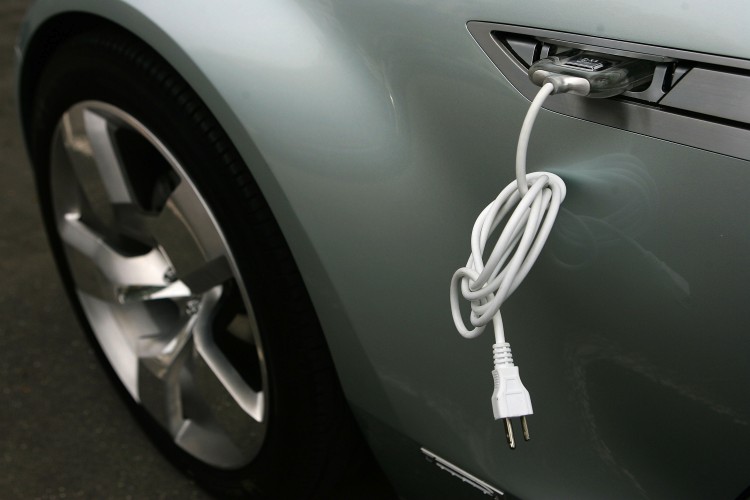The automobile software company Xatori recently released data on the most “EV ready,” or electric-vehicle ready, cities in the United States. The data was collected from the company’s flagship software called PlugShare.
Some U.S. cities are more “EV friendly” than others, as some cities have received special attention from private EV infrastructure developers, and some were even selected by the Department of Energy (DOE) to receive a special infrastructure project initiative.
Xatori’s PlugShare allows electric vehicle owners to receive maps that can guide them to the nearest or most convenient changing stations as well as connect them with other EV owners. PlugShare currently has over 100,000 users and tracks over 11,000 stations in North America with new locations being added regularly.
Launched in 2011 with only 500 stations listed at the time, it has grown to become North America’s leading EV user network. PlugShare can be downloaded from the Apple App Store or Google Play.
“We knew it was going to grow,” said Xatori founder and CEO Forrest North, according to Greentech Media, “but we didn’t envision it was going to grow that fast.”
The Top 10 EV-Ready Cities in the United States, which is based on PlugShare’s data combined with 2010 U.S. census data, includes a list of charging stations per 100,000 residents.






